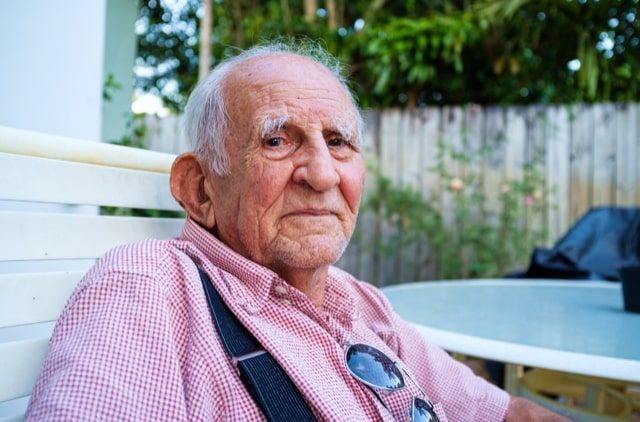PTSD in Seniors: Understanding Its Effects and the Benefits of Home Care

Post-traumatic stress disorder (PTSD) is a mental health condition that can affect individuals of all ages, including seniors. It occurs after experiencing or witnessing a traumatic event and can significantly impact a person's daily life and well-being. Lets explore the effects of PTSD on seniors and discuss how home care can be beneficial for those suffering from this condition.
1. Understanding PTSD in Seniors
PTSD can develop at any age, but seniors may be particularly susceptible due to the accumulation of potentially traumatic experiences over their lifetime. These may include military service, accidents, natural disasters, or the loss of loved ones. Symptoms of PTSD in seniors may include:
- Recurrent, intrusive memories or nightmares about the traumatic event
- Avoidance of situations or stimuli that remind them of the trauma
- Negative changes in mood or cognition, such as feelings of guilt or detachment from others
- Increased arousal and reactivity, including irritability, difficulty sleeping, or exaggerated startle response
2. The Effects of PTSD on Seniors
The effects of PTSD on seniors can be wide-ranging and may exacerbate existing age-related challenges. Common effects include:
- Reduced social engagement: Seniors with PTSD may withdraw from social activities, leading to isolation and loneliness.
- Cognitive decline: PTSD can contribute to cognitive decline in seniors, as the condition's chronic stress may have adverse effects on brain function.
- Physical health complications: The stress associated with PTSD can lead to increased risk for various health issues, such as cardiovascular disease or compromised immune function.
- Mental health comorbidities: Seniors with PTSD may also experience other mental health concerns, such as depression or anxiety.
3. The Benefits of Home Care for Seniors with PTSD
Home care can be an invaluable resource for seniors with PTSD, offering personalized support and assistance tailored to their unique needs. Some of the benefits of home care for seniors with PTSD include:
- A familiar environment: Receiving care in a familiar and comfortable setting can help reduce anxiety and improve overall well-being for seniors with PTSD.
- Customized care plans: Home care providers can develop individualized care plans that address the specific needs and challenges associated with PTSD, such as providing emotional support or helping with anxiety management techniques.
- Assistance with daily activities: Home care professionals can assist seniors with daily tasks, such as meal preparation, personal care, and medication management, allowing them to maintain their independence and dignity.
- Emotional support: Home caregivers can provide a consistent, supportive presence for seniors with PTSD, helping to alleviate feelings of loneliness and isolation.
- Coordinated care: Home care providers can work closely with other healthcare professionals, such as therapists or physicians, to ensure a comprehensive approach to care for seniors with PTSD.
4. Choosing the Right Home Care Provider for Seniors with PTSD
When seeking home care for a senior with PTSD, it is essential to find a provider with experience and expertise in addressing the unique challenges of this condition. Some factors to consider when selecting a home care provider include:
- Specialized training: Look for home care providers who have received specialized training in PTSD and understand the specific needs of seniors with this condition.
- Compassion and empathy: Choose a caregiver who demonstrates compassion, empathy, and a genuine desire to support seniors with PTSD.
- Communication and collaboration: Ensure that the home care provider is willing to collaborate with other healthcare professionals involved in the senior's care, such as therapists or physicians, to create a seamless, coordinated care plan.

Seniors with PTSD face unique challenges that can affect their overall well-being and quality of life. By providing personalized, compassionate support in a familiar environment, home care can help alleviate the adverse effects of PTSD on seniors. In addition to addressing their physical and emotional needs, home care enables seniors with PTSD to maintain their independence and dignity. By choosing a home care provider with specialized training and a collaborative approach, families can ensure their loved ones receive the comprehensive, coordinated care they need to navigate the complexities of living with PTSD. Ultimately, home care can make a meaningful difference in the lives of seniors with PTSD and their families, promoting healing and enhancing their overall well-being.
